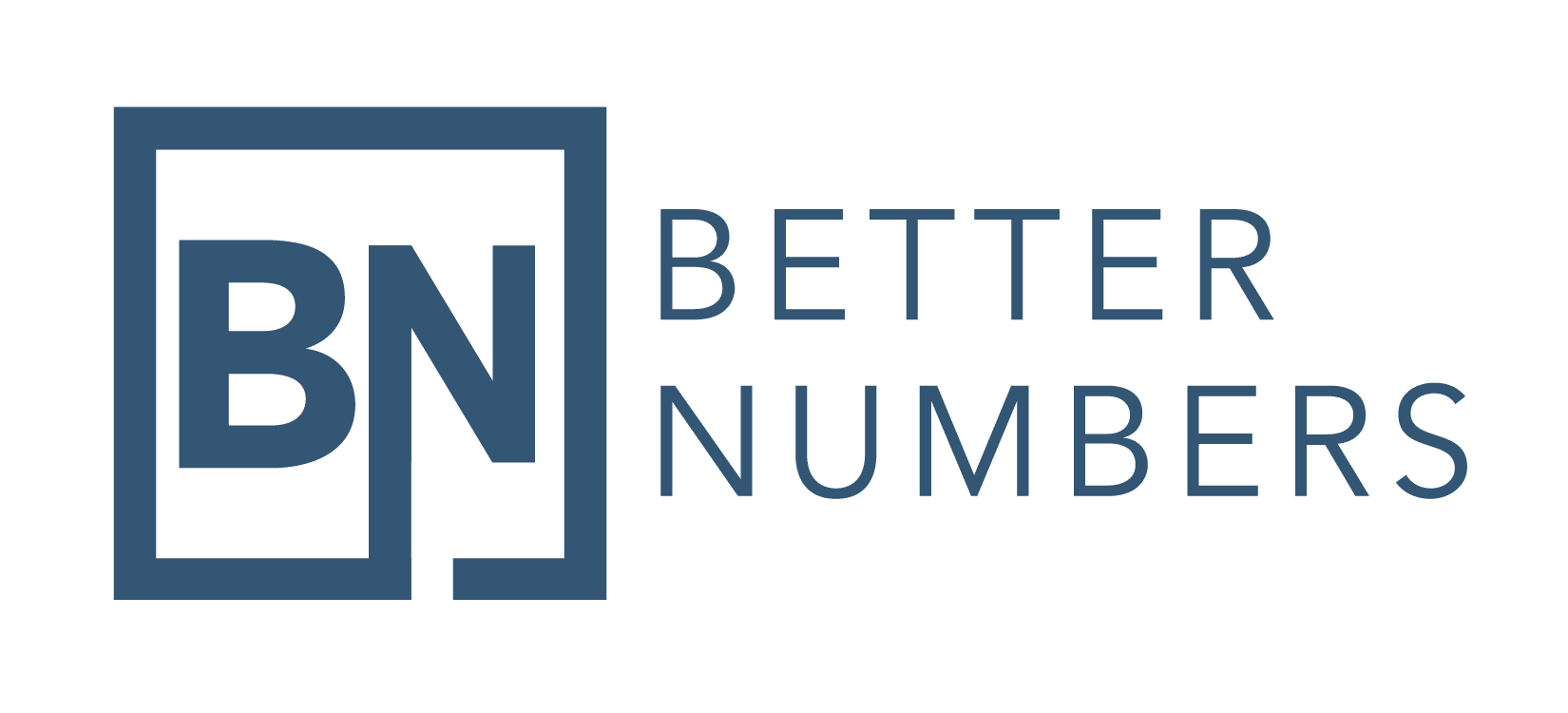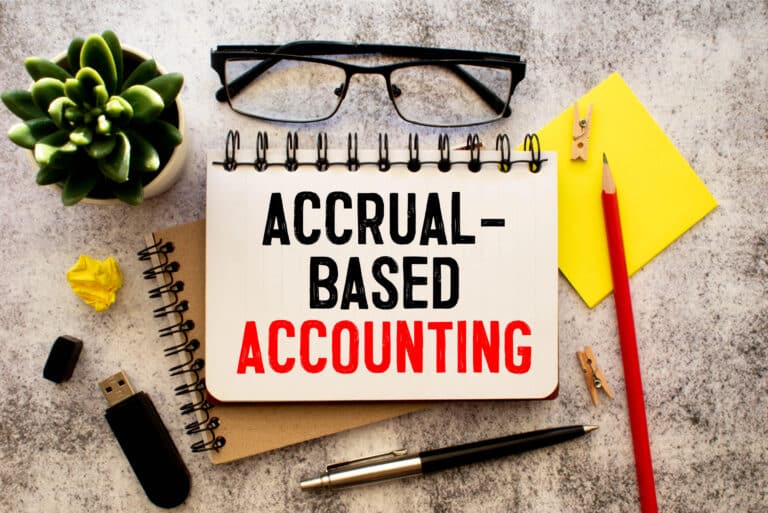When it comes to managing your finances, whether it’s for personal or business purposes, having a Certified Public Accountant (CPA), Bookkeeper, or any other financial professional can be a game-changer. These professionals bring valuable expertise, insights, and knowledge to help you make informed decisions and navigate complex financial matters. In this blog post, we’ll explore seven ways to make the most of your relationship with a bookkeeper or any financial professional, ensuring you get the most bang for your buck.
1. Take Advantage of Allotted Meetings
If you’re subscribed to a service that provides a set number of meetings with your bookkeeper or financial professional, use them wisely. Proactively book and attend these meetings regularly to discuss your financial situation, goals, and any concerns you may have. Engaging in open conversations with your financial professional can lead to more tailored advice and better outcomes.
2. Come Prepared with Specific Questions
Your bookkeeper is not a mind reader, and they rely on the information you provide to offer tailored solutions. Before a scheduled meeting, think about specific questions related to your financial situation. It’s even better if you can share these questions ahead of time, allowing your bookkeeper to prepare in advance. This approach avoids wasting time during meetings and allows you to focus on exploring solutions together.

3. Don’t Hesitate to Ask for Clarifications
Financial matters can be complex and technical, and it’s normal to encounter terms or concepts you don’t fully grasp. Don’t shy away from seeking clarification from your financial professional. They are there to help you understand and make sense of financial jargon. By asking for explanations in simpler terms, you’ll enhance your understanding and, in turn, make better decisions for your financial future.
4. Provide Information in the Requested Format and in a Timely Manner
Your bookkeeper’s time is valuable, and they want to spend it on analyzing data and providing valuable insights, not hunting down documents or struggling with illegible data. When asked for information, ensure you provide it in the required format and promptly. This will enable your bookkeeper to focus on what they do best—interpreting the data and providing meaningful advice.
5. Involve Your Bookkeeper in Big Decisions
When facing significant financial decisions, such as buying a property or starting a new business, don’t make these choices in isolation. Loop in your bookkeeper early in the decision-making process. They can offer valuable perspectives, connect you with relevant professionals, and help you navigate the financial implications of your choices.
6. Share the Context of Your Business
Your financial data tells a story, but your bookkeeper may not have the full context. That’s why it’s essential to share with them what’s going well and what challenges you’re facing in your business. Understanding the broader picture allows your bookkeeper to offer more tailored advice that aligns with your specific goals and circumstances.
7. Seek Industry Expertise
While a generalist may have a broad understanding of various industries, finding a bookkeeper with specific expertise in your field can be a game-changer. An industry-specific bookkeeper will possess in-depth knowledge, insights, and connections that can benefit your business. They understand the unique challenges and opportunities within your industry, allowing them to provide more targeted and valuable advisory services.
Conclusion
Your relationship with your bookkeeper or financial professional is a crucial aspect of your financial success. By proactively engaging in meaningful conversations, coming prepared with specific questions, and providing relevant information, you’ll maximize the value you get from their services. Additionally, involving them in important decisions and seeking industry expertise can lead to more informed choices and a brighter financial future. Remember, they are there to guide and support you on your financial journey, so make the most of their expertise and experience to achieve your goals.




